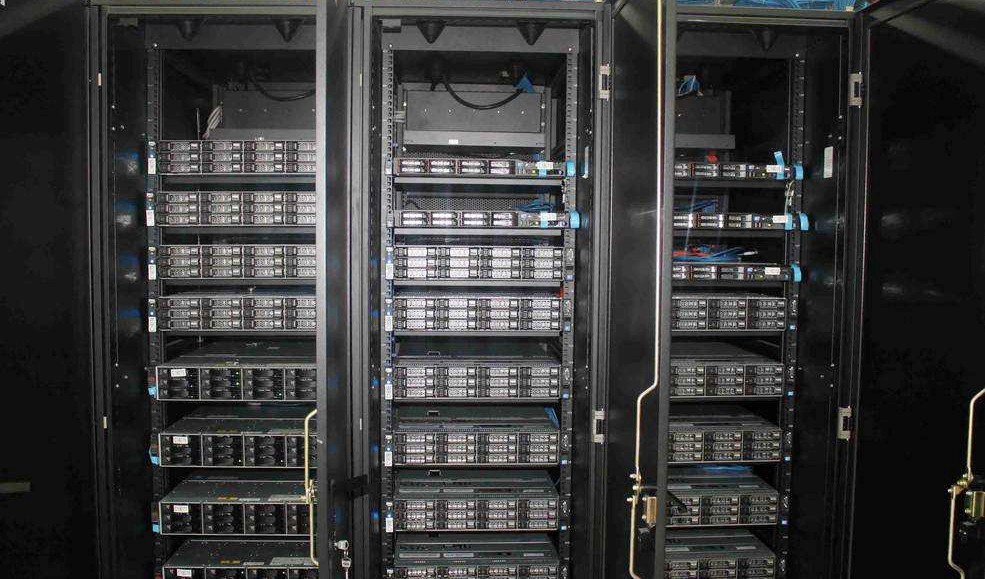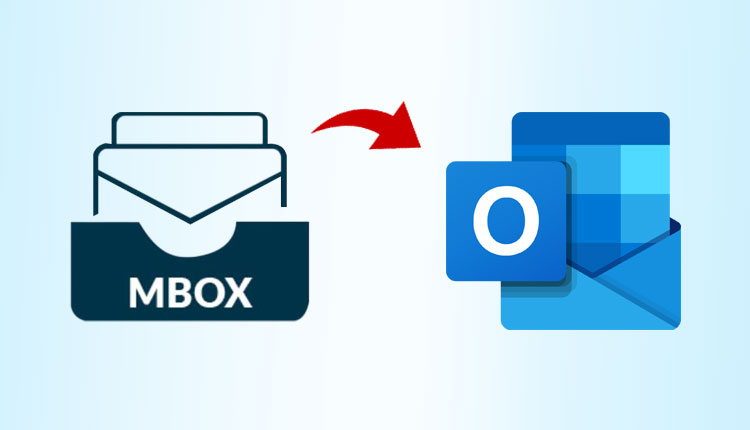In this rapidly evolving digital age, technology continues to reshape the way we conduct business and interact with the world around us. One such transformative technology that has gained immense prominence is blockchain. This article is your comprehensive guide to understanding the myriad benefits that enterprise blockchain development services bring to the table. From enhancing security to revolutionizing industries, let’s embark on a journey to explore the captivating world of blockchain!
Table of Contents
| Sr# | Headings |
|---|---|
| 1 | Introduction: The Building Blocks of Blockchain |
| 2 | Enhanced Security with Decentralization |
| 3 | Transparent and Immutable Records |
| 4 | Smart Contracts: Automating Processes |
| 5 | Supply Chain Efficiency Through Blockchain |
| 6 | Financial Transactions Redefined |
| 7 | Healthcare Revolution: Managing Medical Records |
| 8 | Identity Management in the Digital Age |
| 9 | Combating Counterfeit Products |
| 10 | Blockchain in Government: Ensuring Transparency |
| 11 | Environmental Impact: Sustainability through Blockchain |
| 12 | Empowering Small Businesses |
| 13 | Risks and Challenges of Blockchain Development |
| 14 | Conclusion: Pioneering the Future with Blockchain |
1. Introduction: The Building Blocks of Blockchain
Blockchain, in its essence, is a decentralized digital ledger that records transactions across multiple computers in a secure and transparent manner. Unlike traditional databases, where a central authority has control, blockchain operates on a distributed network, making it tamper-resistant and highly secure.
2. Enhanced Security with Decentralization
The foundational advantage of blockchain lies in its decentralized nature. Traditional systems are vulnerable to single points of failure, making them targets for hackers. However, blockchain’s distribution of data and consensus mechanisms minimize such risks. This makes it an ideal solution for securing sensitive information like financial records and personal data.
3. Transparent and Immutable Records
Imagine a ledger that cannot be altered or tampered with once a record is added. That’s the beauty of blockchain’s immutability. Every transaction is recorded in a block linked to the previous one, forming an unbroken chain. This transparency fosters trust among users, as any unauthorized changes are easily detectable.
4. Smart Contracts: Automating Processes
Blockchain introduces the concept of smart contracts – self-executing agreements with predefined rules. These contracts automatically trigger actions once the conditions are met. This innovation not only speeds up processes but also eliminates the need for intermediaries, reducing costs and chances of disputes.
5. Supply Chain Efficiency Through Blockchain
Blockchain’s impact on supply chain management is revolutionary. With the ability to trace every step of a product’s journey, from raw materials to the end consumer, transparency is enhanced. This not only ensures the authenticity of goods but also helps in addressing recalls and ensuring ethical sourcing.
6. Financial Transactions Redefined
Blockchain has disrupted the financial sector by enabling faster, cheaper, and more secure cross-border transactions. Traditional methods often involve intermediaries, leading to delays and higher costs. With blockchain, transactions can be executed directly between parties, slashing both time and expenses.
7. Healthcare Revolution: Managing Medical Records
Managing medical records in a secure and accessible manner is a challenge. Blockchain offers a solution by providing a tamper-proof record of a patient’s medical history. Authorized healthcare providers can access the information securely, leading to more accurate diagnoses and streamlined care.
8. Identity Management in the Digital Age
In the age of digital identity theft, blockchain presents a robust solution. Instead of relying on numerous usernames and passwords, individuals can have a unified, secure digital identity. This can streamline processes like online verification, making them both more secure and user-friendly.
9. Combating Counterfeit Products
Counterfeit products pose a significant threat to industries and consumers alike. By enabling product traceability and verification, blockchain can effectively combat counterfeiting. Consumers can verify the authenticity of a product before purchase, boosting consumer confidence.
10. Blockchain in Government: Ensuring Transparency
Governments are embracing blockchain to enhance transparency and efficiency in public services. Land registries, voting systems, and public expenditure can be made more transparent and less susceptible to corruption. This paves the way for more accountable governance.
11. Environmental Impact: Sustainability through Blockchain
Blockchain’s potential extends to promoting sustainability. It can track the entire lifecycle of goods, helping consumers make environmentally conscious choices. Additionally, blockchain can enable carbon credit trading and more efficient supply chain practices, contributing to a greener planet.
12. Empowering Small Businesses
Blockchain isn’t limited to large enterprises. Small businesses can benefit from reduced transaction costs, increased security, and access to global markets. It levels the playing field, allowing them to compete effectively with larger players.
13. Risks and Challenges of Blockchain Development
While blockchain offers numerous benefits, it’s not without challenges. Scalability, energy consumption, regulatory uncertainties, and the complexity of implementation are factors that need careful consideration.
14. Conclusion: Pioneering the Future with Blockchain
Blockchain application development services have unleashed a wave of innovation that’s transforming industries and reshaping the way we interact with technology. From securing data to revolutionizing supply chains and healthcare, blockchain’s potential is boundless. Embracing this technology can lead to enhanced security, transparency, and efficiency across various sectors, ultimately propelling us into a future of boundless possibilities.
FAQs
Q1. How does blockchain ensure data security?
Blockchain’s decentralization ensures data security by minimizing single points of failure.
Q2. Can blockchain be used beyond finance?
Yes! It’s used in supply chains, healthcare, identity verification, and countering counterfeits.
Q3. What are the challenges of blockchain?
Challenges include scalability, energy use, regulations, and integrating with existing systems.
Q4. How does blockchain enhance government transparency?
Blockchain’s immutable ledger enhances transparency by enabling citizens to track government activities.
Q5. Is blockchain environmentally friendly?
While it promotes sustainability in various areas, energy consumption remains a concern that needs addressing.
Q6. What industries can benefit most from blockchain?
Industries like finance, healthcare, supply chain, and government can benefit significantly from blockchain’s transparency and security features.
Q7. How does blockchain affect data privacy?
Blockchain enhances data privacy by allowing users to have control over their data and share it only when necessary, reducing the risks of data breaches.
Q8. Can blockchain help prevent fraud?
Absolutely. Blockchain’s transparency and immutability make it highly effective in preventing fraud by ensuring the integrity of records and transactions.
Q9. How fast are blockchain transactions?
Transaction speed varies based on the blockchain platform. Some offer near-instant transactions, while others might take a bit longer due to consensus mechanisms.
Q10. Is blockchain technology still evolving?
Yes, blockchain technology is continuously evolving, with researchers and developers working on improvements to address its current limitations and make it more scalable and efficient.



